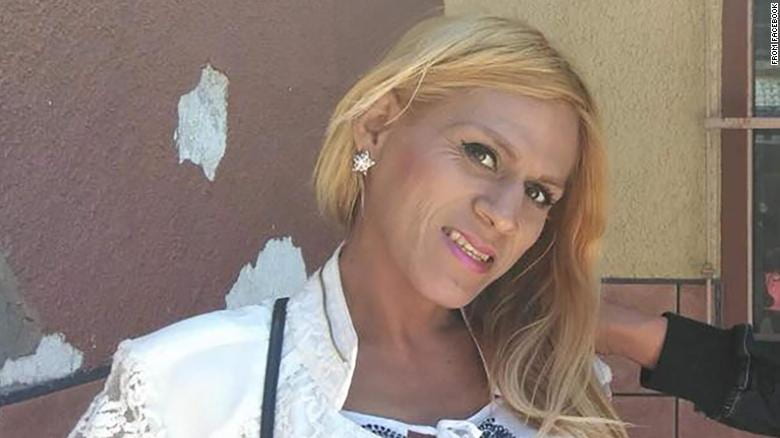Ben Wagner
Bellevue/NYU Program for Survivors of Torture (PSOT)
New York, USA
Originally written on June 4, 2018.
Last week marked the commencement of my summer project interning at PSOT, the same week that the U.S. Immigration and Customs Enforcement (ICE) announced the death of Roxana Hernandez, the 6th detainee to die in ICE custody in the fiscal year 2018. Roxana, a transgender woman fleeing from Honduras, was one of about 25 transgender women participating in the Central American migrant caravan that arrived at the U.S. border at the end of April. The transgender migrants were forced to flee due to the “violence, hate, stigma and vulnerability” they faced in their home countries. According to Pueblo Sin Fronteras, the immigration rights group and organizer of the caravan, Roxana surrendered at San Ysidro port of entry between San Diego and Tijuana, requesting asylum.

Soon after requesting asylum, Roxana was initially held in a Customs and Border Protection (CBP) processing facility, often referred to as hieleras (Spanish for “iceboxes”), notorious for their freezing temperatures and poor conditions. Presenting with clear signs of medical distress, including being HIV positive and having pneumonia, Roxana was detained for 5 days in a cell where she was freezing cold, lacked adequate food and medical care, and where the lights are kept on 24 hours a day.

A 2015 report from the American Immigration Council describes the “icebox” holding cells as “wholly inadequate for any overnight detention.” Official CBP policy states that detention in these holding cells should last no longer than 12 hours, according to a CBP memo cited in a lawsuit that was filed July 2015 in a federal district court in Tucson, AZ, brought by the American Immigration Council, the National Immigration Law Center, and the American Civil Liberties Union of Arizona. The report also describes the holding facilities as “routinely lacking in adequate food, water, and medical care,” often housing up to 45 people in a single cell designed to only hold 25.
A week later, Roxana was transferred to the transgender unit in the Cibola County Correctional Center in Milan, NM, a privately run federal prison for men that contracts with ICE. In detention, transgender women are notoriously targeted and harassed by fellow guards and inmates, where they experience violence and abuse and are unable to access medical care.
By the next day, Roxana was taken to a local hospital with symptoms of pneumonia, dehydration, and “complications associated with HIV,” according to ICE. Hours later, she was transferred to a hospital in Albuquerque, where “she remained in the intensive care unit until her passing.”
ICE’s treatment of Roxana, an extremely vulnerable and traumatized transgender woman seeking asylum from persecution, highlights the egregious human rights violations and medical neglect that plague the U.S. immigration detention system. In light of this tragedy, I along with PSOT reaffirm my commitment to serving people under immigration detention in the U.S., particularly members of the LGBTQ community who are seeking asylum from persecution and torture and who want safety and acceptance, which everyone deserves.